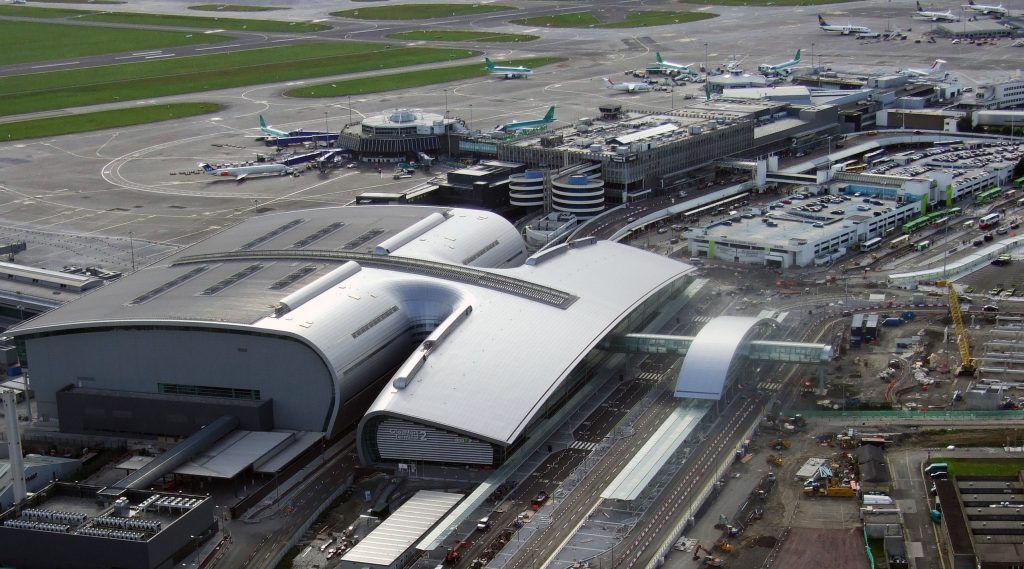Plans for biofuels use in planes ‘worse’ for climate than jet fuel

October 11th, 2017
A coalition of environmental NGOs today handed over a petition signed by 172,000 to the United Nations’ aviation body urging it to scrap its plan for the large-scale use of biofuels in planes.
The International Civil Aviation Authority (ICAO) will discuss the biofuels plan at a conference on aviation fuels in Mexico City today.
The petition, coordinated by the conservation group Rainforest Rescue, states that using biofuels on a large scale will “accelerate palm oil expansion” and trigger massive deforestation and a “surge” in greenhouse gas emissions.
Klaus Schenk of Rainforest Rescue said that citizens are “very concerned” about the potential for burning palm oil in planes due to the limited amounts of these raw materials that can be sustainably sourced.
“The vast use of palm oil for aviation biofuels would destroy the world’s rainforests, the basis of life for local people and the habitats of endangered species such as orangutans,” he said. “We urge ICAO to scrap its misguided biofuels plan.”
The United Nations Framework Convention on Climate Change estimates that greenhouse gas emissions from international aviation are estimated to have grown by 87 per cent between 1990 and 2014. ICAO forecasts aviation emissions will quintuple by 2050.
ICAO’s Assembly in October 2013 adopted a global aspirational goal of “carbon neutral growth from 2020” by making airlines use vast amounts of biofuels, such as cooking oil, algae and other feedstocks.
According to ICAO’s plan, the airlines would use 5 million tonnes of biofuels a year from 2025, which will be scaled up to 286 million tonnes by 2050. This is more than three times the amount of all biofuels produced today.
Nearly 100 environmental and development organisations, however, wrote to ICAO yesterday condemning the UN agency’s proposal for large-scale use of biofuels in planes.
Carlos Calvo Ambel, climate and analysis manager at Transport & Environment (T&E), said that most biofuels are actually “worse for the climate than jet fuel”.
He added that stablishing a goal before the rules are set out is “putting the cart before the horse” and called ICAO members to hold back on adopting biofuels targets this week.

Dublin Airport Terminal 1 & 2 Photo: Colm De Spáinn
Dublin Airport Runway
A judicial review of Fingal County Council’s decision to extend planning permission for the development of a €320 million runway at Dublin Airport is taking place this week.
Friends of the Irish Environment (FIE) sought a review in May after alleging that the Council’s decision fails to meet the requirements of Ireland’s climate legislation.
The Cork-based environmental group has said that the Council’s Chief Executive did not adequately consider climate and emissions related criteria before granting the extension, as is legally required under the 2015 Climate Action and Low Carbon Development Act.
The original permission for the proposed 3.1km runway, granted in 2007, was due to expire this August. Two other groups have also brought legal challenges in relation to the proposed runway.
The St Margaret’s Concerned Residents Group, a group of Fingal residents, began a High Court action against Dublin Airport Authority (DAA) challenging permission for the runway on the grounds that DAA had not submitted a waste management plan in advance of starting works.
A challenge has also been brought by 22 local residents, who claim that the Council has not addressed their concerns about the development’s impact on their properties.
[x_author title=”About the Author”]







